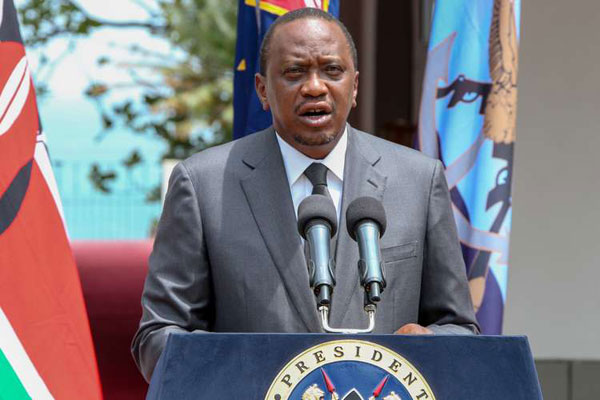×
The Standard e-Paper
Join Thousands Daily

Like a man who has finally broken the shackles and reclaimed his freedom, President Uhuru Kenyatta has astounded his closest friends and family on his newly found commitment to fight corruption.
His newest approach rekindles memories of an episode in his boyhood when during a family excursion in Nakuru, he watched as his younger brother Muhoho surrender his fate to a street conjurer.